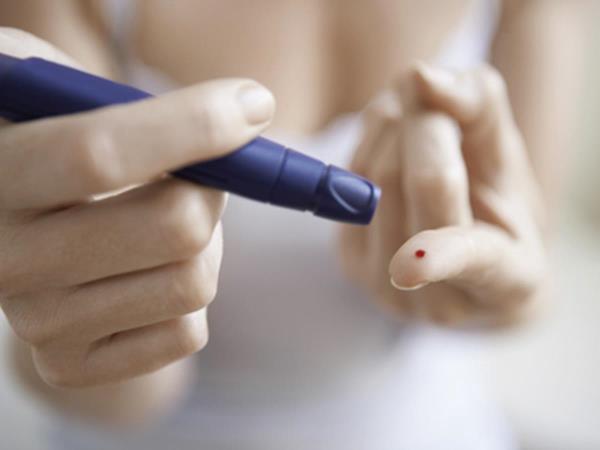According to the World Health Organization, over 537 million people worldwide have diabetes today, with over 90% of them being type 2. Experts estimate that there are twice as many people who are unaware they have the disease, and by the time they find out, it is usually too late.
What Have Researchers Discovered?
A group of scientists from Germany, Switzerland, and the USA has found that the protein FKBP51 plays a significant role in how our body metabolizes sugar. Proteins are the basic building blocks of our bodies, like bricks in a house. This FKBP51 is particularly interesting because it was previously known mainly for its role in mental health issues such as depression and anxiety.
Now, researchers have proven something more: FKBP51 is the connection between stress and metabolism that has long been sought. When we are under stress, certain hormones, including the well-known cortisol, are released in the body, a hormone that used to help us escape from a bear, but today often leads us to emotional overeating.
And this is where FKBP51 comes in. When there is an excess of this protein, which often happens during prolonged stress, it starts negatively affecting the muscles and their ability to efficiently use sugar. In other words, the sugar that should go into the muscles remains in the blood, and this is the beginning of troubles.
What Does This Mean for You?
If you live under stress, have an unhealthy diet, and don't exercise enough, FKBP51 accumulates in the body. This protein then acts as a kind of brake, preventing the muscles from taking enough sugar from the blood. This means that blood sugar increases, even if you haven't eaten excessively.
According to research published in the journal Nature Communications, mice that had FKBP51 blocked showed improved metabolism, even if they were fed high-calorie food. Those with normal protein activity quickly developed signs of type 2 diabetes.
Scientists have gone a step further. They have developed special compounds that inhibit FKBP51. These compounds, called antagonists (which means substances that inhibit the action of something), prevented the development of diabetes in mice, even when they were fed with high-fat and sugary foods. In translation: even if you indulged a bit more, but had this substance in your body, your muscles would still know how to use sugar properly.
What Does This Mean in Practice?
According to the American CDC (Centers for Disease Control and Prevention), metabolic syndrome is a cluster of conditions such as high blood pressure, increased body fat around the waist, and disturbed sugar metabolism. It is already present in more than 1 in 3 American adults today. And all of this can start with just this one protein.
What About Natural Remedies?
Here is where things get even more interesting. In folk medicine, we have known for centuries about plants that regulate muscle function, stress, and blood sugar. One of them is ashwagandha, also known as Indian ginseng. It is a root used in Ayurvedic medicine to reduce stress. Research indicates that ashwagandha can also influence FKBP51!
In a study published in the Journal of Alternative and Complementary Medicine in 2012, they demonstrated that 300 mg of ashwagandha twice a day reduced cortisol levels in the body by 27% in eight weeks, which means less stress and thus less of the harmful protein FKBP51.
Similarly, rhodiola rosea also works, which is a natural anti-stress adaptogen, a substance that helps the body cope with stress more easily. Although there are no direct studies on the impact of rhodiola on FKBP51 yet, its effects on improving metabolism have long been no secret.
What's Next?
Scientists are now developing drugs containing compounds to block FKBP51, which will be tested in clinical trials in the coming years. They hope that these preparations will one day be able to replace conventional therapies with insulin or metformin, especially for people in the early stages of diabetes.
But you can already do a lot yourself: reduce stress, exercise more, and reach for plants with a long history of aiding metabolism.
In summary:
- FKBP51 is a muscle protein that increases during stress and poor diet, blocking the normal flow of sugar from the blood to the muscles.
- Its action can lead to the development of type 2 diabetes.
- Scientists have developed compounds that block FKBP51, which can prevent the disease even with unhealthy eating.
- Folk remedies, such as ashwagandha and rhodiola, can naturally regulate stress and thus reduce the negative effects of FKBP51.
- Although clinical trials are still ahead, this is an important breakthrough in understanding how stress affects health—not just mentally, but also physically.
Therefore, if you are among those thinking about improving your health without medication, or looking for natural ways to prevent diabetes, now is the time to look into your kitchen, garden, and within yourself.
Stress is more powerful than we think...









 Would you like to be informed about news on the website?
Would you like to be informed about news on the website?

